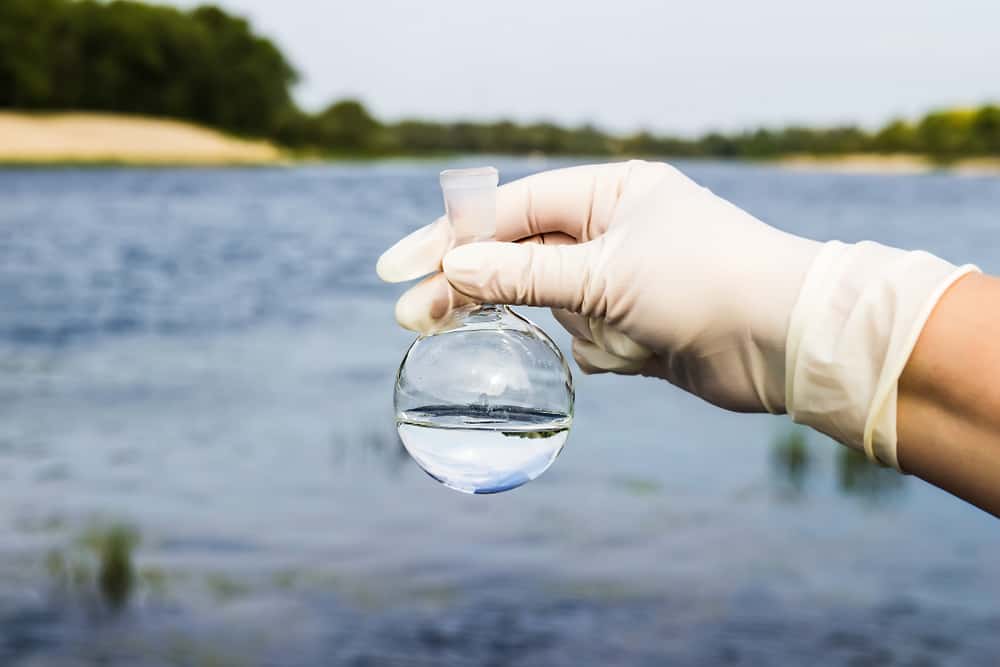Water is essential for keeping your body functioning properly and feeling healthy. Nearly all of your body’s major systems depend on water to function and survive. About two-thirds of the human body is comprised of water, so dehydration affects most of the body’s functions. Drinking water also helps maintain a healthy heart rate and blood pressure. You need adequate fluid to produce lymph, an important bodily fluid, and a component of the immune system. Additionally, water helps maintain organ health and allows the blood to maintain the consistency it requires to flow freely and transport oxygen and nutrients to every cell of the body.
Clean water is essential not only to remain safe from disease but also to maintain good health. So, the first question we should ask is – how much water do you need? The Mayo Clinic recommends a minimum daily intake of 11.5 cups for women and 15.5 cups for men, of water per day for optimal health. Drinking water helps to maintain the balance of body fluids. The functions of these bodily fluids include digestion, absorption, circulation, creation of saliva, transportation of nutrients, and maintenance of body temperature. By drinking enough water, you are helping your body to function better and improving your overall health. What about quality? Is all water the same? Can we experience better health and vitality from the quality of our water? Could our water potentially help us to absorb more vital nutrients?
1. What is the best drinking water?
Water is known to be the best and the most natural hydrating liquid. It promotes cardiovascular health, keeps muscles and joints working, and helps cleanse toxins from your body. Staying hydrated also helps balance your blood sugar, helps relieve headaches, and promotes healthy skin. This question can be answered in two parts. First of all, the water we drink must be clean and pure so it can clear toxins from your body. Most tap water, though it might be clear in color is not as clean as we would like it to be.
Are you getting enough H2O from your water? Tap water has many known toxins. There are at least 90 contaminants that the EPA (Environmental Protection Agency) recognizes and sets standards for. Not to mention disinfectants like chlorine, bromate, and chlorite. Would you want to put this in your body? Water is a fundamental human need. Each person requires at least 20 to 50 liters of clean, safe water a day for drinking, cooking, and simply keeping themselves clean. Polluted water isn’t just dirty—it’s deadly. Some 1.8 million people die every year of diarrheal diseases like cholera from polluted water.

